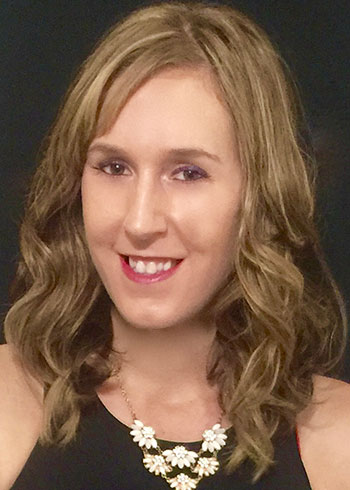"I would definitely recommend colleagues and others to take this program for further professional development.
The strengths of this program include: good organization of coursework, exposure to variety of relevant topics, hands-on experience using several analytical software, excellent support and feedback by instructors, and a flexible schedule."
